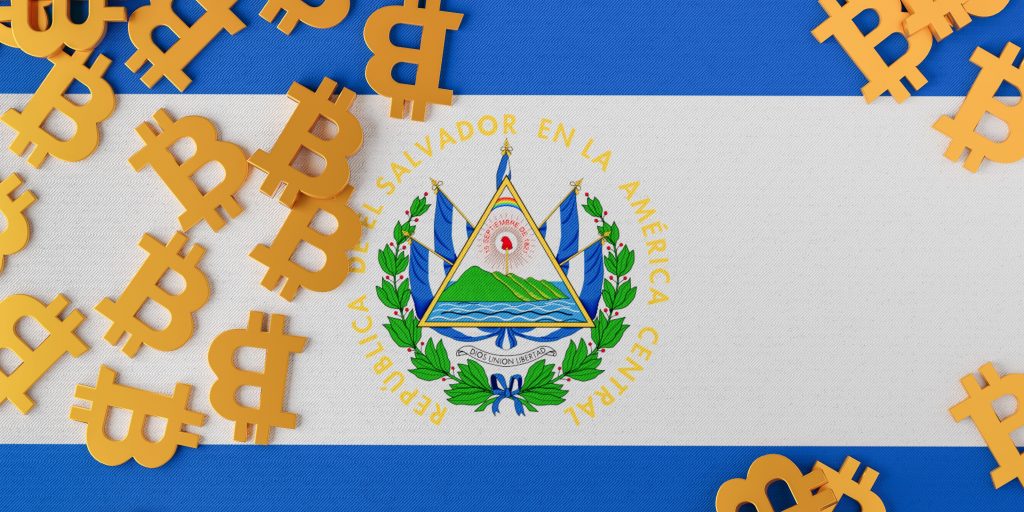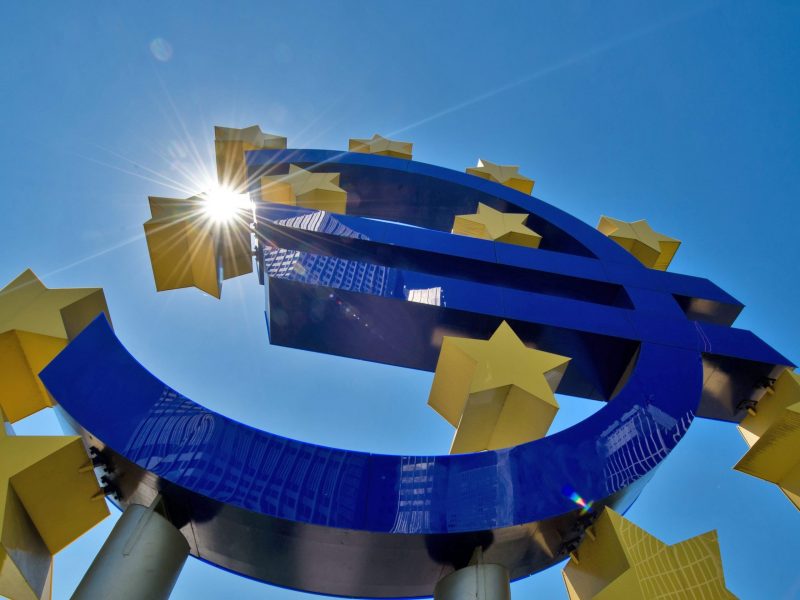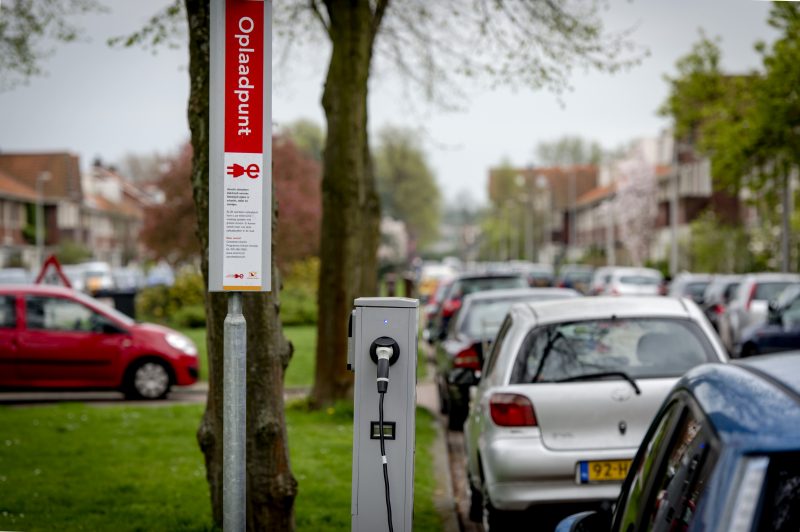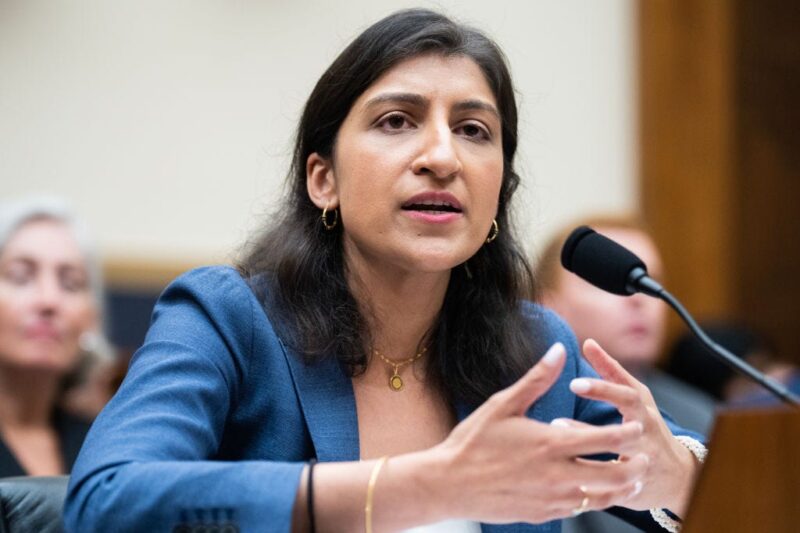- El Salvador still plans to offer its $1 billion bitcoin bond sometime this week.
- But the country's finance minister said the precise timing is an issue as he didn't expect the Ukraine war.
- "We have the tools almost finished. But the international context will tell us," he told a local news outlet.
Russia's attack on Ukraine is complicating El Salvador's timing in issuing its $1 billion bitcoin bond.
El Salvador, the Central American country that adopted bitcoin as a legal tender last year, announced in November its plans for a crypto-backed bond and said February 8 that it would come as soon as Wednesday. But the country's finance minister said now there is a "timing issue," Reuters reported.
"We believe that between March 15 and 20 is the right timing, we have the tools almost finished. But the international context will tell us … I didn't expect the war in Ukraine," El Salvador Finance Minister Alejandro Zelaya told a local TV station on Friday, according to Reuters.
Just two weeks after El Salvador announced the window for its bitcoin bond, Russia launched a full-scale attack on Ukraine, which has sparked international outrage. The West has responded with sanctions that have led bond markets to broadly expect a default by Moscow, among other impacts.
El Salvador has been pushing into crypto thanks largely to its millennial president Nayib Bukele, who has become known for trading bitcoin on his phone with government funds. When he announced the country's $1 billion bitcoin bond in November, he said he planned for half the funds to go toward a "bitcoin city" and the rest toward more crypto purchases.
As of late February, El Salvador had reportedly received $500 million in verbal commitments for its bond and discussed plans to issue billions more in bitcoin-backed financing in the future. A representative from the president's office and from Blockstream, which is supporting the bond with blockchain technology, did not immediately respond on Insider's request for comment on the timing of the bond.











